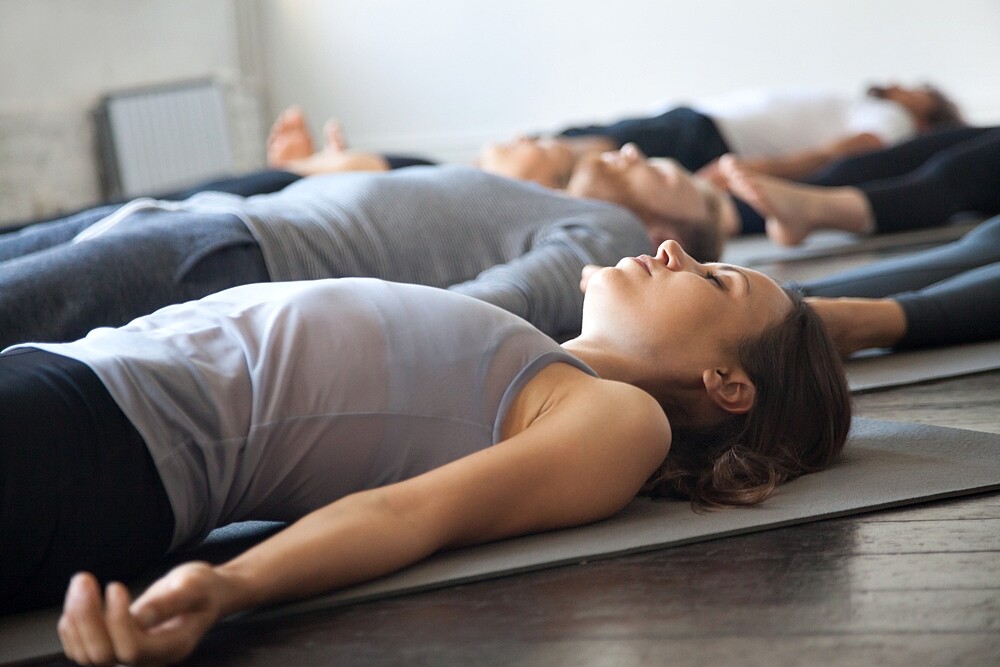Progressive muscle relaxation is considered a relaxation technique that can help to effectively reduce stress. We explain how it works.
What is Progressive Muscle Relaxation?
Progressive muscle relaxation (PMR) according to the physiologist Edmund Jacobson is an effective method for relaxation, with which, for example, stress can be reduced and tensions loosened. The term “progressive” stands for the inclusion of different muscle groups. In general, the technique involves the targeted tensing and releasing of muscles.
Relax at Last: How Does Progressive Muscle Relaxation Work
Progressive muscle relaxation is easy to perform: You only need a quiet place and your own body for your exercises. And this is how Progressive Muscle Relaxation works:
- Take about 20 to 30 minutes for progressive muscle relaxation.
- Lie down or sit down and relax.
- Now tense different muscle groups of the body one after the other from top to bottom for ten seconds and then relax them for 30 seconds. The order is:
- Hands: clenching fists, this also trains the forearms
- Upper arms: Bend forearm towards ceiling, press upper arm parallel to chest
- Face: frown, grimace, move jaws from left to right, open wide
- Neck and throat: Raise shoulders and push head back
- Chest: Pull shoulders slightly back, tense chest muscles by inhaling deeply
- Abdomen: Tense it and steer slightly against it with the lumbar muscles
- Back: Go into the hollow back
- Then tense the chest, stomach and back again simultaneously.
- Buttocks: Squeeze buttocks.
- Thigh: Lift the leg straight up, repeat for the other leg.
- Lower leg: Bend the instep towards the floor.
- Feet: Claw your toes together.
Count even in your thoughts. For example, repeat the word “hold” in your mind during tension and think of the word “let go” when you relax.
What are the Advantages of Progressive Muscle Relaxation?
Through the training you learn to feel better into your own body and especially into the muscles. According to various studies, the procedure has the following advantages:
- Relieves muscular tensions
- Body perception increases – one feels tensions in everyday life faster and can counteract them
- Calms the autonomic nervous system, which can have positive effects on heartbeat, breathing, digestion, blood pressure and metabolism
- Stress can be reduced more easily
- Symptoms like chronic pain are reduced or even disappear
- Strengthens the psyche, which reduces the risk of depressive moods or burnout
- Sleep disturbances subside
Because of all these advantages, Progressive Muscle Relaxation is used both for prevention of diseases and specifically for physical therapy and psychotherapy.
Attention: If you have an existing muscle disease, you should consult your doctor before starting the relaxation procedure.


Hello, I’m a student from Thailand. I am here to ask for your permission.
I have to do some homeworks about Progressive Muscle Relaxation, and I want to use one of your photos on the page to post on my Facebook. Could you allow me to do that?